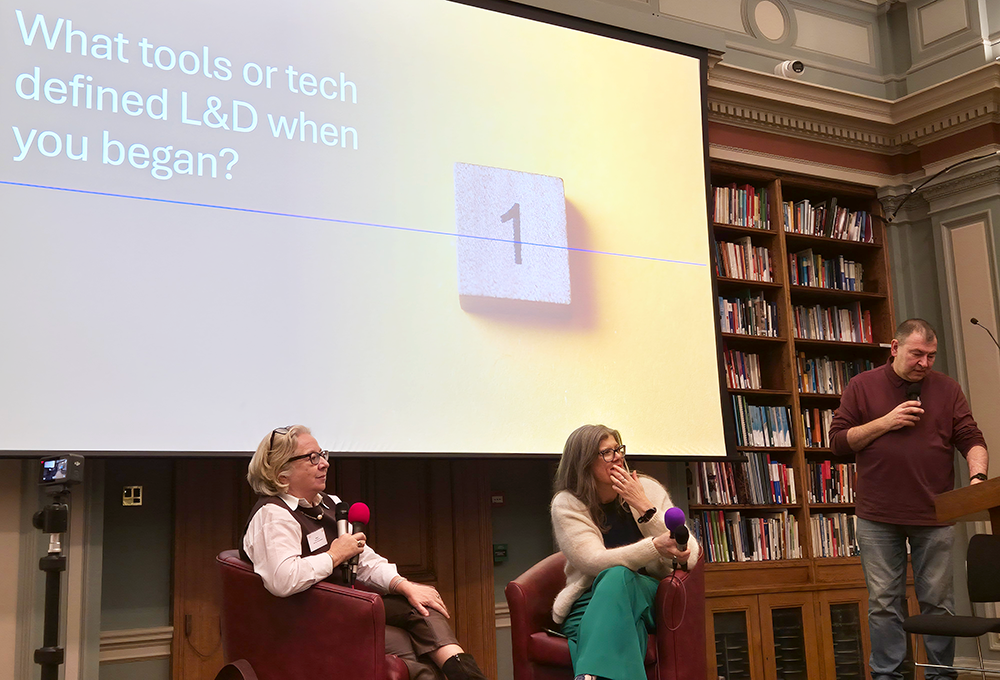As Brexit increases the urgency to close the skills gap MPs are seeking more funding for adult education – which has experienced drastic cuts in recent years
The Government is under mounting pressure to outline its approach to adult learning, amid concern over major cuts to adult skills funding since 2010.
More content
Jobseekers are attracted to organisations that support good causes
Gender divide in performance ratings
Technology workers most likely to work flexibly
Underpayment of apprentices spoiling the reputation of some VET
More than 60 MPs are demanding that the government produce a national strategy for adult education. In a letter to apprenticeships and skills minister Robert Halfon, written by Labour backbencher David Lammy, a former skills minister, and signed by dozens of MPs, the government is urged to give a greater priority to lifelong learning.
Angela Rayner, shadow education secretary; Gordon Marsden, shadow further education and skills minister; and Chi Onwurah, chair of the all party parliamentary group for adult education, are among the signatories to the letter.
The move was prompted by a debate on Adult Education and the Future of Night Schools earlier this month. Mr Halfon “failed to confirm whether such an approach or strategy would be published and indeed when we can expect it to be published,” states the letter, which was sent last Thursday.
Britain needs a “national strategy that works across departments in recognition of the huge range of beneficial outcomes that adult education has for individuals, our economy and society in general.”
The letter warns that adult education funding has been slashed in recent years, with 40 per cent cuts to the adult skills budget between 2010 and 2015.
“The number of adult learners fell by 10.8 per cent in just a single year between 2014 and 2015, and the number of adults achieving Level 4 awards or above has fallen to just 3,900 – a staggering 75 per cent fall in just two years,” it adds.
Brexit means there’s even greater urgency to close a “gaping skills gap” holding back the economy. The situation will worsen if, in future, companies are not allowed to hire skilled workers from other European Union countries to plug their skills gaps, warns the letter.
“When education and skills provision does not keep up with a changing economy and jobs market then inequality is exacerbated and it is those at the bottom who lose out most,” it states.
“We believe that all adults must have access to flexible, affordable and accessible education and training that will equip them for the modern jobs market and takes into account other commitments adults have as employees, parents and carers.”
In a statement commenting on the issues raised, David Lammy said: “My message is simple: bring back night schools. In the context of Brexit and a skills gap that will get much worse if we leave the Single Market this is now an issue that requires urgent attention. For far too long Parliament and Whitehall have been obsessed with young people getting into university or undertaking apprenticeships.”
He added: “But education doesn’t end at 18 or 21. We need investment and we need a strategy for adult education and lifelong learning to respond to the challenges of a modern economy and a job market in which people will need to learn new skills throughout their working lives.”
In a statement to TJ, a spokesperson for the Department for Education said: “Adult education is a vital part of this Government’s aim to empower everyone in our society to succeed and create the skilled workforce we need. Last year, nearly 400,000 people over the age of 19 started an apprenticeship, getting the chance to earn while they learn.”
They added: “Measures like the new apprenticeship levy and advanced learner loans means there is more funding to support adults in further education than at any time in England’s history. The total spending power of the further education sector to support adult participation will be £3.4bn by 2019-20, this is a cash terms increase of 40 per cent compared with 2015-16.”



